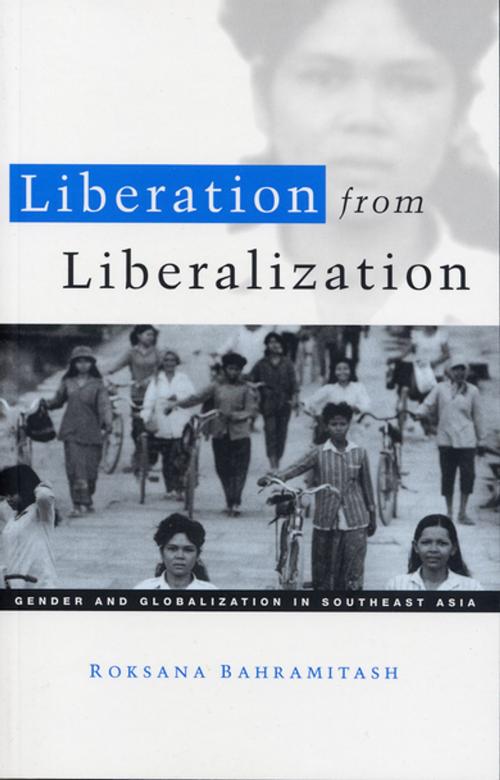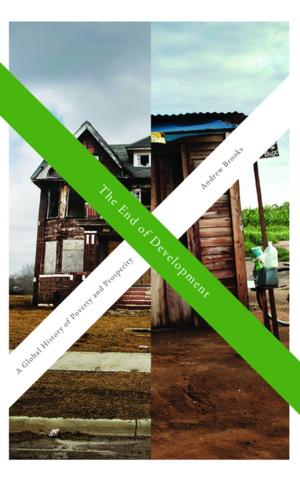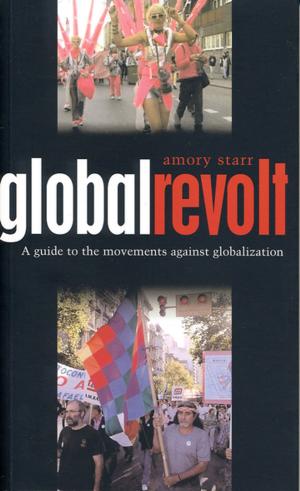Liberation from Liberalization
Gender and Globalization in South East Asia
Business & Finance, Economics, Nonfiction, Reference & Language, Reference| Author: | Roksana Bahramitash | ISBN: | 9781848137233 |
| Publisher: | Zed Books | Publication: | July 18, 2013 |
| Imprint: | Zed Books | Language: | English |
| Author: | Roksana Bahramitash |
| ISBN: | 9781848137233 |
| Publisher: | Zed Books |
| Publication: | July 18, 2013 |
| Imprint: | Zed Books |
| Language: | English |
Liberation from Liberalization challenges the neo-liberal claim that free market policies bring prosperity and economic development. Bahramitash focuses particularly on Southeast Asia, where expansion of free markets has led to high GNP per capita growth over the past few decades. Focusing on this region, the book examines the economic policies adopted in Taiwan, Indonesia and the Philippines. Drawing upon state-centred theories, the author argues that limiting the role of the state has been responsible for growing poverty, especially among women. Seventy percent of those earning less than a dollar a day are women, and poverty among rural women is growing much faster than it is among men. In order to reverse economic liberalization, the state has to be brought back into the economy as a major player and become responsible for providing welfare for its citizens. This volume argues in favour of a system that incorporates women's groups into the decision-making process of the state, while ensuring that the state remain both transparent and subject to the political advocacy of its citizens. Bahramitash argues that, ultimately, the only way to stop liberalization, which is trapping millions in poverty, is to limit the role of markets through an elected and responsible state with embedded members of civil society, such as women's groups.
Liberation from Liberalization challenges the neo-liberal claim that free market policies bring prosperity and economic development. Bahramitash focuses particularly on Southeast Asia, where expansion of free markets has led to high GNP per capita growth over the past few decades. Focusing on this region, the book examines the economic policies adopted in Taiwan, Indonesia and the Philippines. Drawing upon state-centred theories, the author argues that limiting the role of the state has been responsible for growing poverty, especially among women. Seventy percent of those earning less than a dollar a day are women, and poverty among rural women is growing much faster than it is among men. In order to reverse economic liberalization, the state has to be brought back into the economy as a major player and become responsible for providing welfare for its citizens. This volume argues in favour of a system that incorporates women's groups into the decision-making process of the state, while ensuring that the state remain both transparent and subject to the political advocacy of its citizens. Bahramitash argues that, ultimately, the only way to stop liberalization, which is trapping millions in poverty, is to limit the role of markets through an elected and responsible state with embedded members of civil society, such as women's groups.















